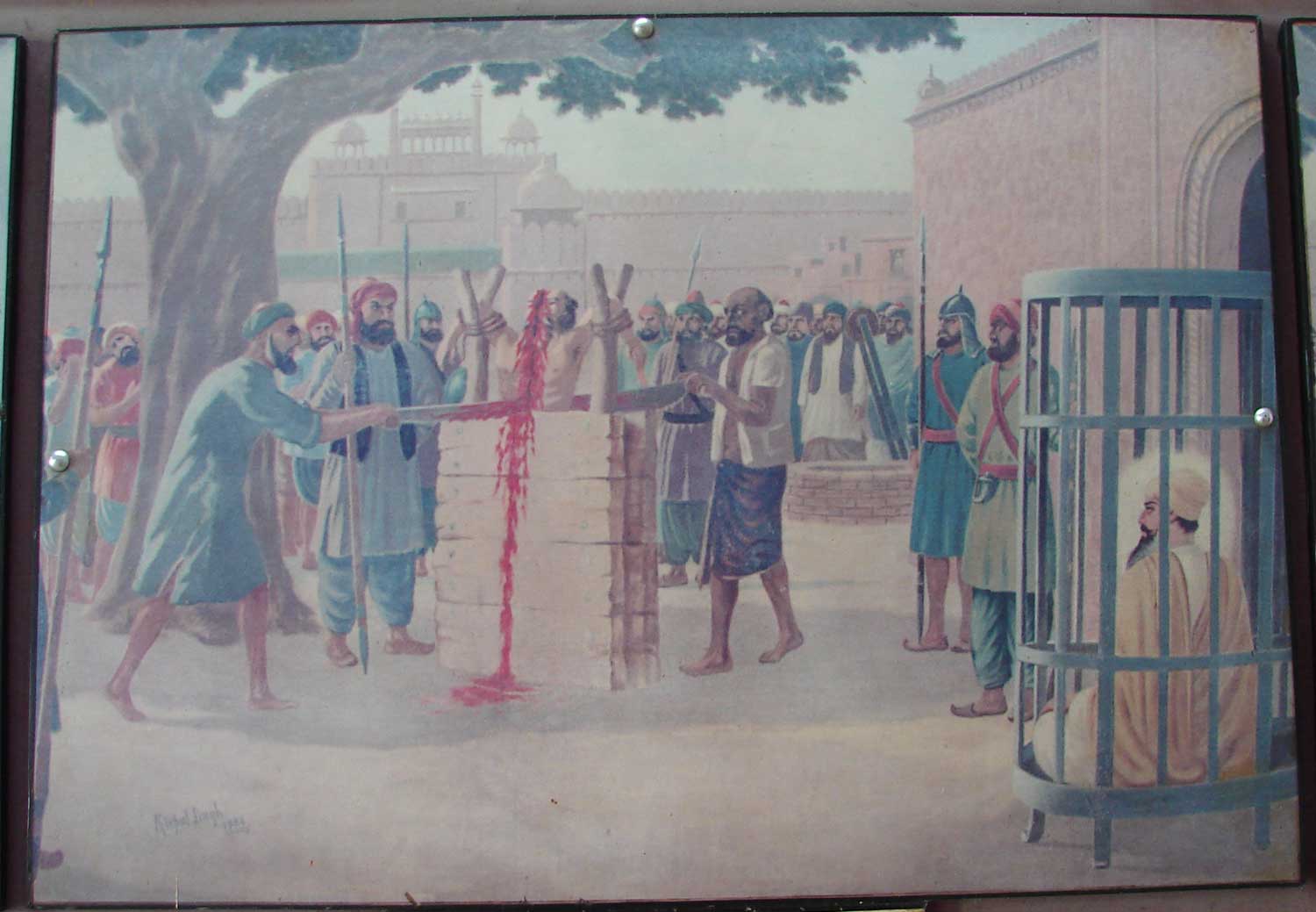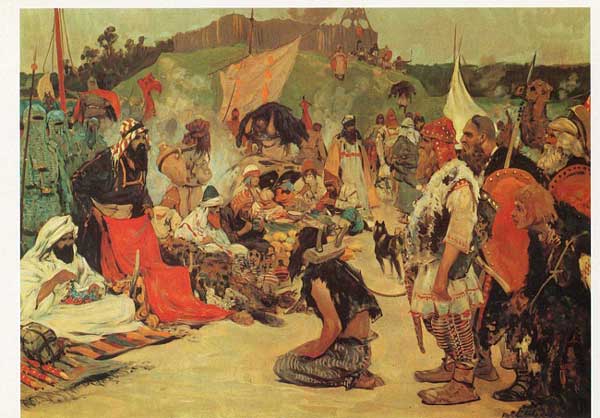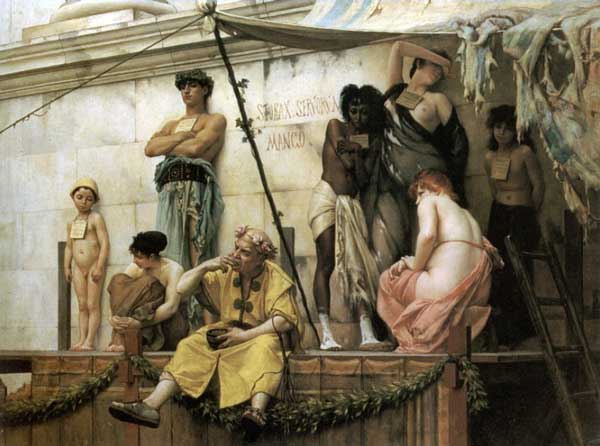(Amrit Pal Singh ‘Amrit’)
In every community and country, it is common that civil as well as criminal disputes arise between two or more parties. Criminals are born in every part of the world. It is required that crimes must be stopped. If a crime is committed, the criminal must be punished.
A judicial assessment and determination of legal issues arising between parties to a civil or criminal action is called ‘trial’. When two or more parties cannot resolve their dispute by themselves, the method of trial is used to decide the issue. In case of any crime, the authorities first find the accused and then the accused is put on trial.
The aim of a trial is to secure fair and unprejudiced administration of justice, to find out the truth of the matters, and to apply the law to those matters. A trial offers a final decision of the dispute.
There are two basic types of trials. One is civil trial and other is criminal trial. In a criminal trial, an accused is found guilty or acquitted. If the accused is found guilty, the accused is sentenced according to laws. All types of actions other than criminal actions are civil actions, which are decided by civil trials.
According to the Article 10 of the Universal Declaration of Human Rights, adopted by the United Nations: –
Everyone is entitled in full equality to a fair and public hearing by an independent and impartial tribunal, in the determination of his rights and obligations and of any criminal charge against him.
In simple words, if anyone goes on trial, this should be done in public. The people who try a person should not be biased.
The Article 14 of International Covenant on Civil and Political Rights further explains the right of free trial in these words: –
1. All persons shall be equal before the courts and tribunals. In the determination of any criminal charge against him, or of his rights and obligations in a suit at law, everyone shall be entitled to a fair and public hearing by a competent, independent and impartial tribunal established by law. The Press and the public may be excluded from all or part of a trial for reasons of morals, public order (ordre public) or national security in a democratic society, or when the interest of the private lives of the parties so requires, or to the extent strictly necessary in the opinion of the court in special circumstances where publicity would prejudice the interests of justice; but any judgement rendered in a criminal case or in a suit at law shall be made public except where the interest of juvenile persons otherwise requires or the proceedings concern matrimonial disputes or the guardianship of children.
2. Everyone charged with a criminal offence shall have the right to be presumed innocent until proved guilty according to law.
3. In the determination of any criminal charge against him, everyone shall be entitled to the following minimum guarantees, in full equality:
(a) To be informed promptly and in detail in a language which he understands of the nature and cause of the charge against him;
(b) To have adequate time and facilities for the preparation of his defence and to communicate with counsel of his own choosing;
(c) To be tried without undue delay;
(d) To be tried in his presence, and to defend himself in person or through legal assistance of his own choosing; to be informed, if he does not have legal assistance, of this right; and to have legal assistance assigned to him, in any case where the interests of justice so require, and without payment by him in any such case if he does not have sufficient means to pay for it;
(e) To examine, or have examined, the witnesses against him and to obtain the attendance and examination of witnesses on his behalf under the same conditions as witnesses against him;
(f) To have the free assistance of an interpreter if he cannot understand or speak the language used in court;
(g) Not to be compelled to testify against himself or to confess guilt.
4. In the case of juvenile persons, the procedure shall be such as will take account of their age and the desirability of promoting their rehabilitation.
5. Everyone convicted of a crime shall have the right to his conviction and sentence being reviewed by a higher tribunal according to law.
6. When a person has by a final decision been convicted of a criminal offence and when subsequently his conviction has been reversed or he has been pardoned on the ground that a new or newly discovered fact shows conclusively that there has been a miscarriage of justice, the person who has suffered punishment as a result of such conviction shall be compensated according to law, unless it is proved that the non-disclosure of the unknown fact in time is wholly or partly attributable to him.
7. No one shall be liable to be tried or punished again for an offence for which he has already been finally convicted or acquitted in accordance with the law and penal procedure of each country.




